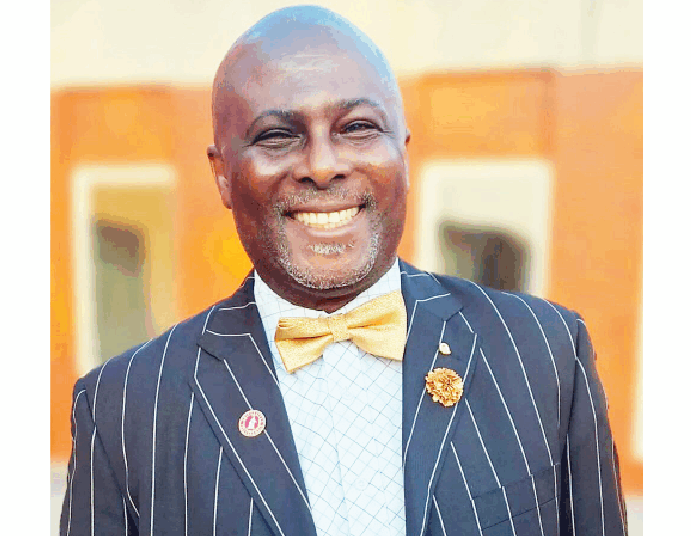Pan-African Writers Association (PAWA) newly inaugurated regional executive council said it will priortise Africa’s heretofore marginalised literatures, intercontinental dialogue and the champion Africans reading works by African authors across the continent.
The association disclosed this at the inauguration of the newly elected Executive Council, comprising the President, Cameroonian, Professor Bill Ndi, and his six Vice Presidents – Reignal Jones (African Diaspora), Egyptian, Ashraf Yazir Dali (North Africa), Gabonese, Eric Bekale (Central Africa), Kenyan, Professor Egara Kabaji (East Africa), Gambian, Professor Cherno Omar Barry (West Africa), and Mozambiquan, Carlos Paradona (Southern Africa), whose administration spans the next three years (2025 – 2028).
Emphasizing the role of PAWA as the custodian of African voices and narratives, and a bridge to and across the continent, Ndi said his administration believes in the emancipation and support of African narratives.
He noted that as the world is increasingly fragmentalised by language, literature becomes even more relevant than before – not solely as a means for cultural healing and ethical reflection but is ‘the memory, the Republican of the conscience’. Hence, the need for PAWA to be the custodian of African voices, many of which history has marginalized, distorted and even silenced”, and serve as bridges to one another, as well as barricades to nuisance/interference.”
To achieve its aim in line with PAWA’s vision, he espoused the council’s five pillars of operation – including the recentering of marginalized, promotion of translation as a pedagogy, promotion of intercontinental dialogue, and the cultivation of emerging voices and future leaders.
“We are cognizant of the weight of this office and what is expected of us. Thank you all for your confidence, solidarity and shared vision,” concluded Ndi.
Earlier in their inauguration address, VPs East Africa, Egara, and West Africa, Cherno, had highlighted the need to enhance Africans reading of works by African authors across the continent, as well as the preservation of regional languages.
“We in East Africa are willing to work with the rest of the continent in the next three weeks. One of such work is to have works from East Africa and from other African countries circulate the region,” said Egara who delivered his speech in English and Kiswahili. More often than not, Egara said African readers have access and consume more of European literature than works of African authors (outside of their country or region).
“I think it’s time PAWA repositioned itself to ensure that Africans read other Africans works.”
Cherno on the other hand said his service will be geared towards the promotion of African literature via working with member states to support upcoming writers, and preserving the languages of African regions.
Coincidentally, Ndi’s impassioned speech and five pillar- objectives encompassed the various challenges to Africa literature raised by his council members.
“The council has much work to do,” said internationally acclaimed poet and literary educator, Professor Niyi Osundare. “I agree with my Kenyan colleague before we can ask the world to appreciate our literature, we must do so, and also address our own literacy. Many of our people are illiterate. Much work needs to be done in the area of translation literature. I have not seen enough translation happening.”
Meantime, the Minister of Tourism, Culture and the Creative Sector, Ghana, Abla Dzifa Gomashie, urged that in addition to telling African stories and uniting the continent via stories, PAWA should explore innovative approaches to tourism, cultural and literary festivals that are enriching.
“PAWA continues to be a vital institution in the promotion of African culture. I assure you of our continued support and collaboration.
Established in 1989 by the African Union (AU), PAWA is comprised of member states of the union, who pay annual subventions for fund the day-to-day operations and projects of the association.
It is administered by a Secretary General, Dr Wale Okediran (currently on his second tenure), and an executive council comprising the President and six regional Vice Presidents.




